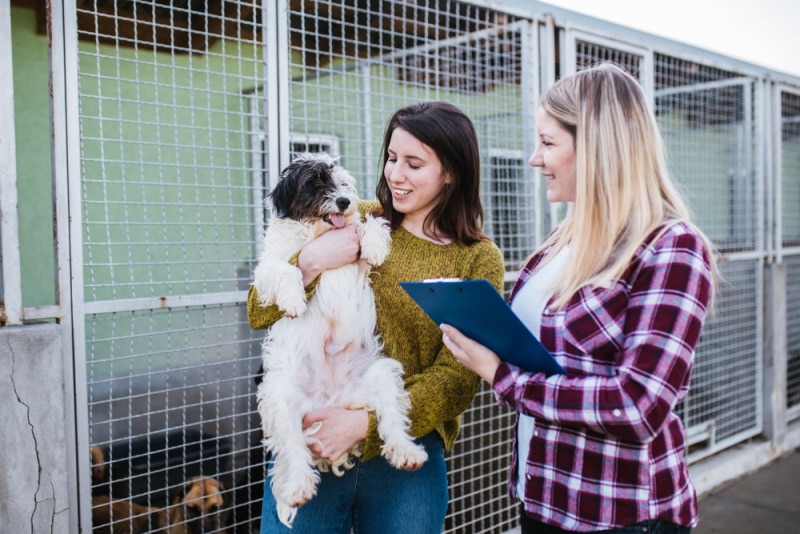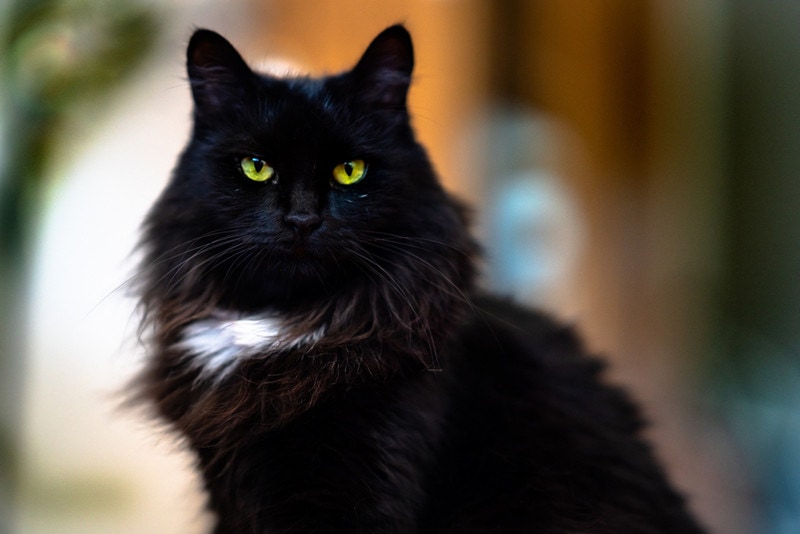Feline Leukemia Day 2024: When It Is & How To Participate

Updated on
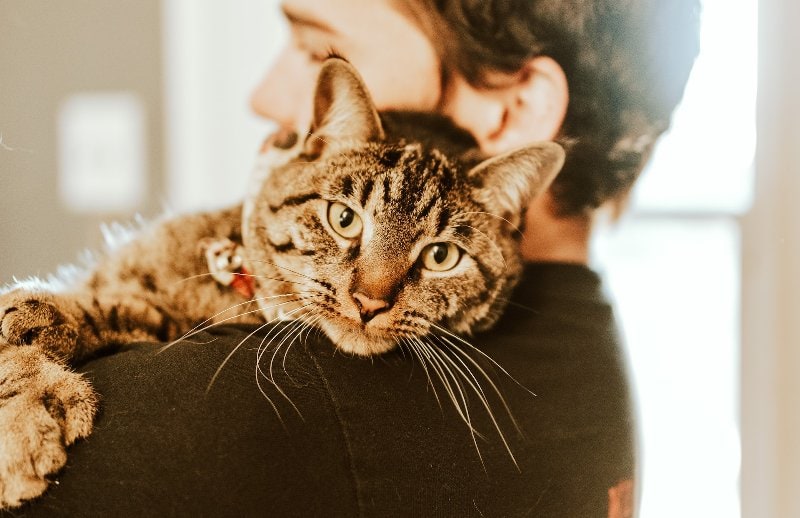
Click to Skip Ahead
Every year on July 16, cat lovers and animal enthusiasts come together to celebrate Feline Leukemia Day. This important day serves as a reminder of the significance of feline health, particularly in the context of feline leukemia.
Feline Leukemia Day provides us with an opportunity to learn, raise awareness, and take action to protect our feline friends from this viral disease. Read on to learn more about Feline Leukemia Day and Feline Leukemia all together!
What Is Feline Leukemia Day?
Feline Leukemia Day is a designated day of awareness and action dedicated to educating pet owners and the general public about feline leukemia. It’s a day to remember that our feline companions are vulnerable to certain health risks and to promote efforts aimed at prevention, early detection, and treatment of this disease. While the day serves as a focal point for events and discussions, the broader goal is to foster year-round awareness and care for cats.
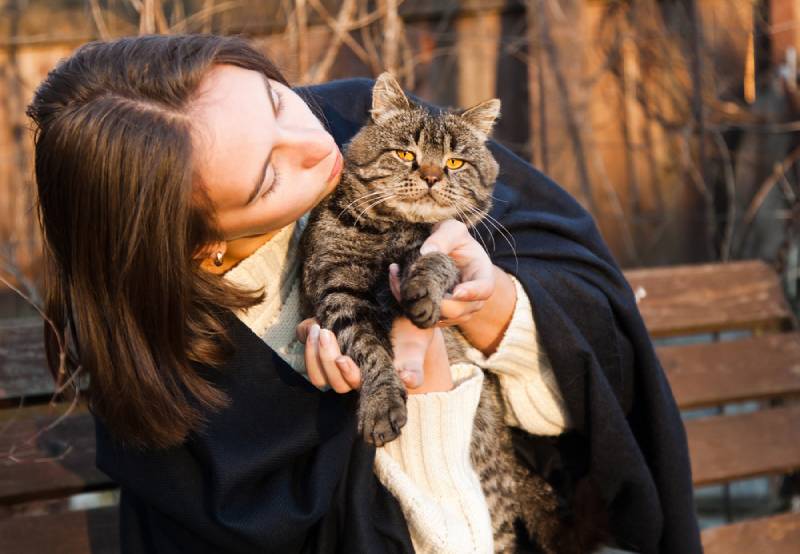
Understanding Feline Leukemia
Feline leukemia is a viral disease that primarily affects domestic cats. It can lead to serious health issues, including immune suppression, anemia, and various forms of cancer. Cats with weakened immune systems are particularly susceptible to the disease, making prevention and early intervention crucial.
What Is Feline Leukemia Virus?
Feline Leukemia Virus (FeLV) is the root cause of feline leukemia. FeLV is a retrovirus that infects cats worldwide. It is mainly transmitted through close contact, such as grooming, fighting, and sharing food and water bowls. Kittens can contract the virus from their infected mothers during pregnancy or through nursing.
What Are the Causes of Feline Leukemia Virus?
FeLV is most commonly transmitted through the saliva, nasal secretions, urine, and feces of infected cats. It can also be spread through bites, especially during aggressive encounters between cats. As a result, outdoor cats and those living in multi-cat households are at a higher risk of exposure.
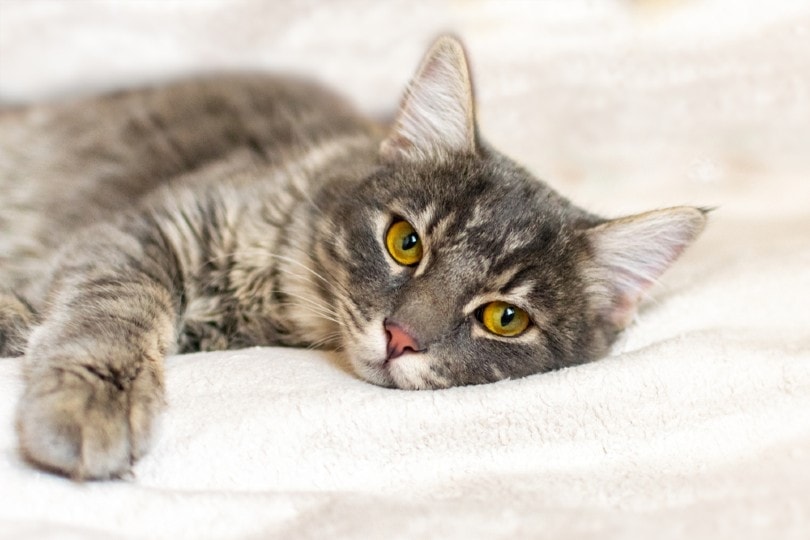
Signs of Feline Leukemia Virus
The signs of FeLV can vary widely and may include weight loss, lethargy, pale gums, recurring infections, vomiting, diarrhea, and even difficulty breathing. Some infected cats might not show any noticeable signs for an extended period, while others may rapidly deteriorate.
As responsible cat parents, it’s best to monitor your cat and take them to regular veterinary check-ups to catch any potential issues early.
Treatment of Feline Leukemia Virus
While there is no cure for FeLV, supportive care can help manage the illness and prolong the affected cat’s life. This might involve treatments for specific side effects, such as anemia or infections. Regular veterinary visits and a healthy lifestyle can also improve the cat’s overall quality of life.
Prevention of Feline Leukemia Virus
Prevention is key when it comes to FeLV. Keeping your cat indoors reduces the risk of exposure to infected cats and helps prevent the spread of the virus. If you have multiple cats, ensure they are tested for FeLV before introducing them to each other.
Vaccination is also available, which can significantly reduce the likelihood of your cat contracting the virus.
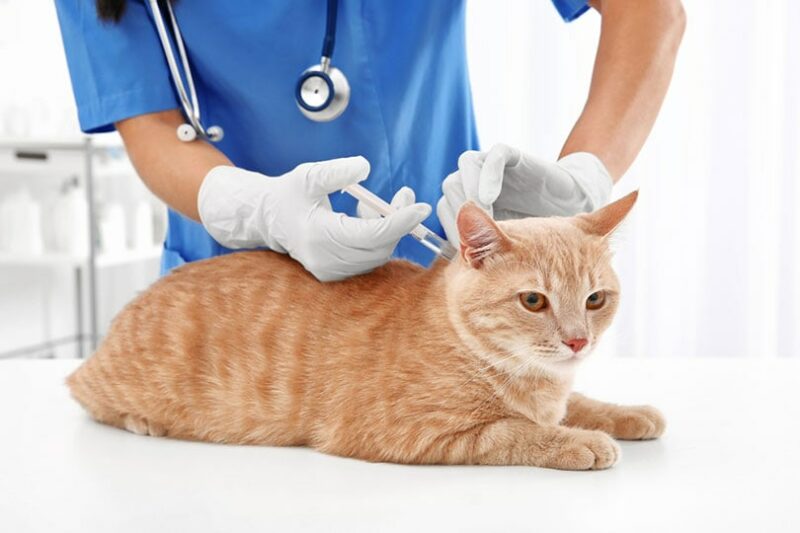
How to Participate in Feline Leukemia Day
Participating in Feline Leukemia Day can take many forms. You can engage in local events, workshops, or online seminars that focus on feline health. Sharing information on social media platforms using relevant hashtags can help spread awareness. Donating to animal shelters or rescue organizations that work with cats is another impactful way to contribute.
Here are a few ways you can make the most out of Feline Leukemia Day! Remember, each action you take contributes to greater awareness, improved understanding, and enhanced care for cats, ultimately helping to create a world where feline leukemia is better understood and managed.
Education and Awareness
One of the most impactful ways to participate in Feline Leukemia Day is by spreading knowledge about the disease. Educate yourself about feline leukemia by researching reliable sources and understanding its causes, signs, and prevention methods. Once you’re well-informed, share this information with friends, family, and your social media network. Use this opportunity to dispel myths and misconceptions, and provide accurate, science-based information to help people better understand the disease.

Attend Webinars and Workshops
Participating in webinars and workshops focused on feline leukemia is a fantastic way to deepen your understanding and engage with experts in the field. Many veterinary clinics, animal shelters, and organizations host these events to provide up-to-date information on feline health.
Attending these sessions can help you gain insights into the latest research, treatment options, and prevention strategies. You’ll also have the chance to ask questions and connect with like-minded individuals.
Support Rescue Organizations and Animal Shelters
Animal shelters and rescue organizations play a critical role in caring for cats, including those affected by feline leukemia. Donating to these organizations can directly support their efforts to provide medical care, shelter, and loving homes for cats in need. You can contribute by donating money, supplies (such as cat food, litter, and toys), or even volunteering your time to assist in their daily operations.
Feline Leukemia Day often sees a surge in fundraising initiatives aimed at supporting research, treatment, and awareness efforts. Keep an eye out for events such as virtual runs, auctions, and donation drives organized specifically for this day. Participating in these activities not only helps raise funds but also brings attention to the cause. Your contributions can make a tangible difference in advancing our understanding of feline leukemia and improving the lives of affected cats!
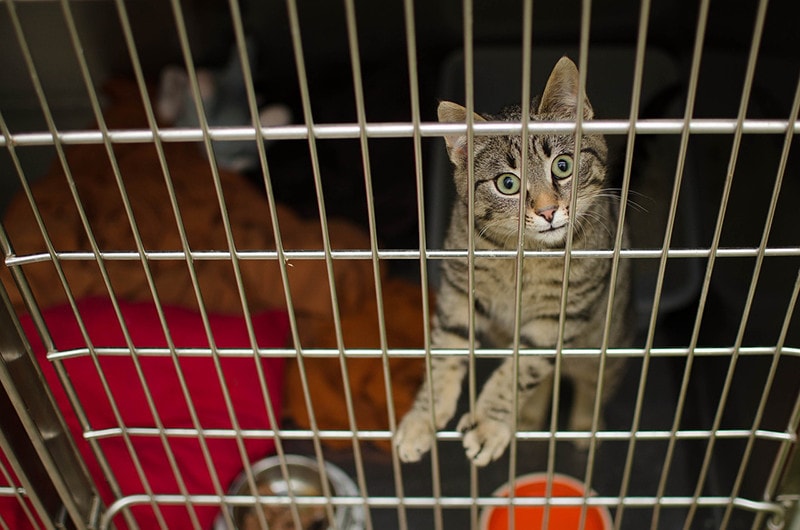
Take Proper Steps in Prevention: Vaccination!
Preventing feline leukemia is a crucial aspect of ensuring feline health. Talk to your veterinarian about vaccination options for your cats. Vaccines can significantly reduce the risk of your cat contracting the virus.
If you are a parent of multiple cats, ensure they are all tested for FeLV before introducing them to one another. This step can prevent the potential spread of the virus among your feline companions.
Raising Awareness of Feline Leukemia
Raising awareness about feline leukemia doesn’t stop with Feline Leukemia Day. Regular conversations with fellow cat owners, friends, and family can help disseminate vital information about the disease. By educating others, you can contribute to a safer and healthier environment for cats everywhere — even when it’s not Feline Leukemia Day!
Final Thoughts
Feline Leukemia Day serves as a reminder of the importance of feline health and the significance of preventing and managing feline leukemia. By understanding the virus, its causes, and its signs, we can take proactive steps to safeguard our feline companions.
Whether through participating in events, sharing information, or supporting local animal shelters, each of us has the power to make a positive impact on the lives of cats. So, let’s come together on July 16 and beyond, to create a world where cats can thrive without the threat of feline leukemia!
Featured Image Credit: Chewy, Unsplash



